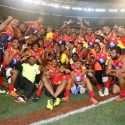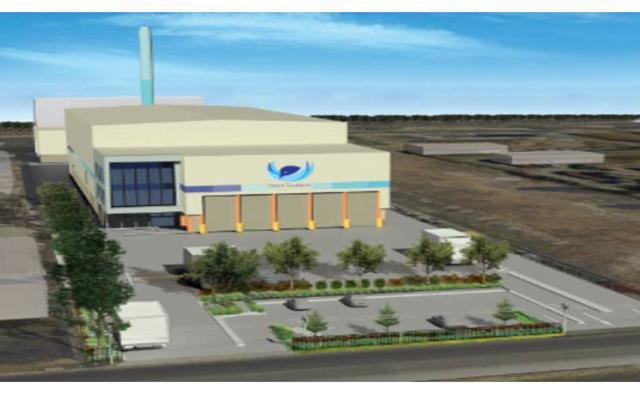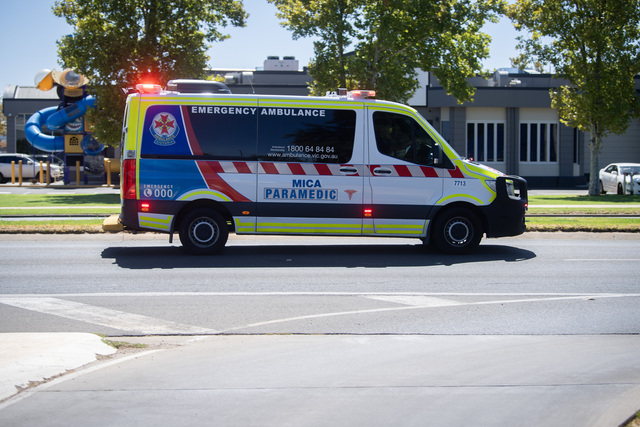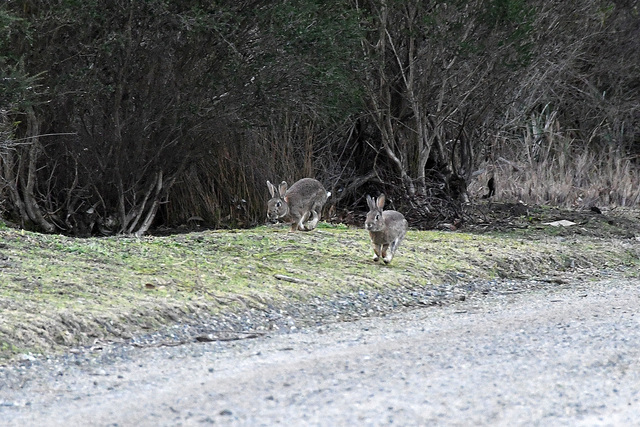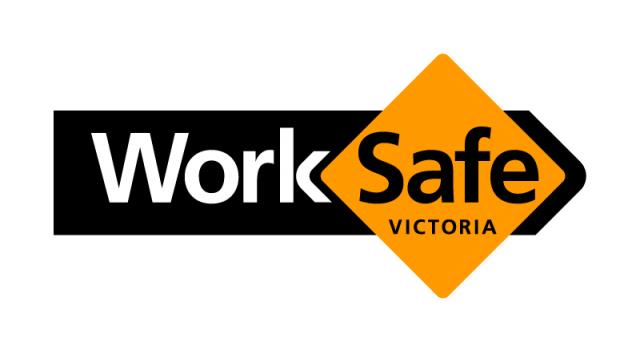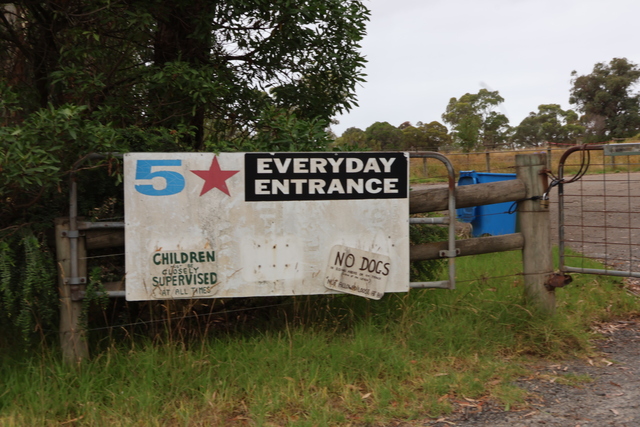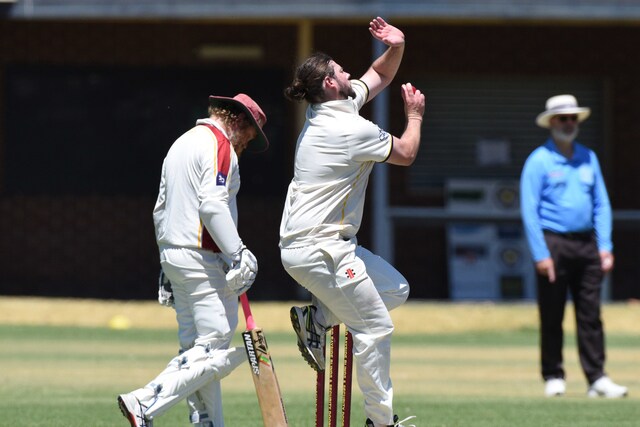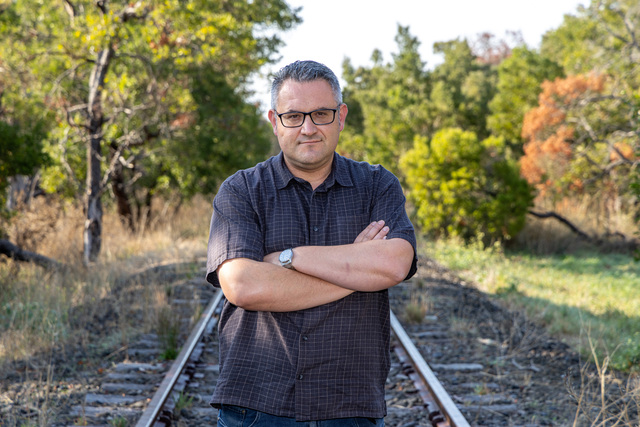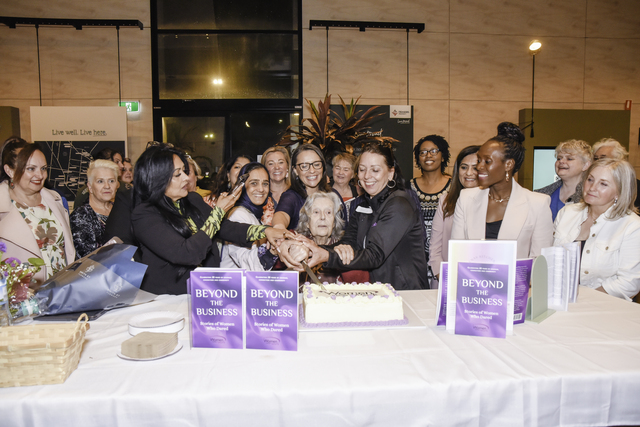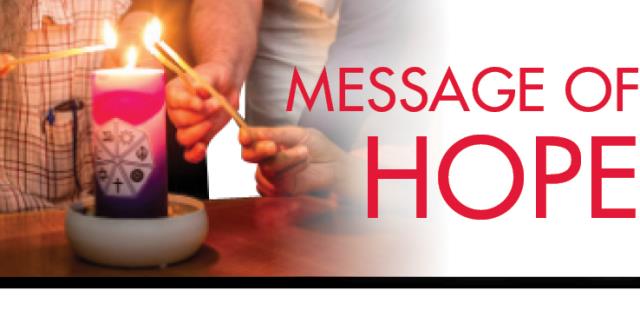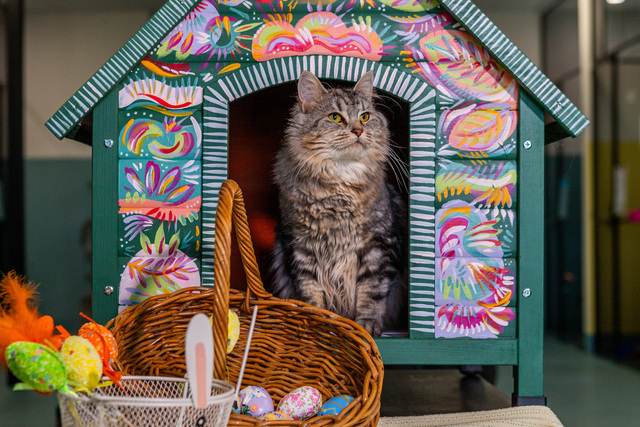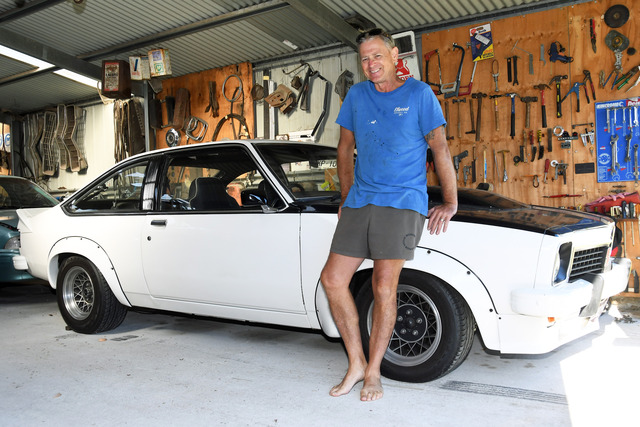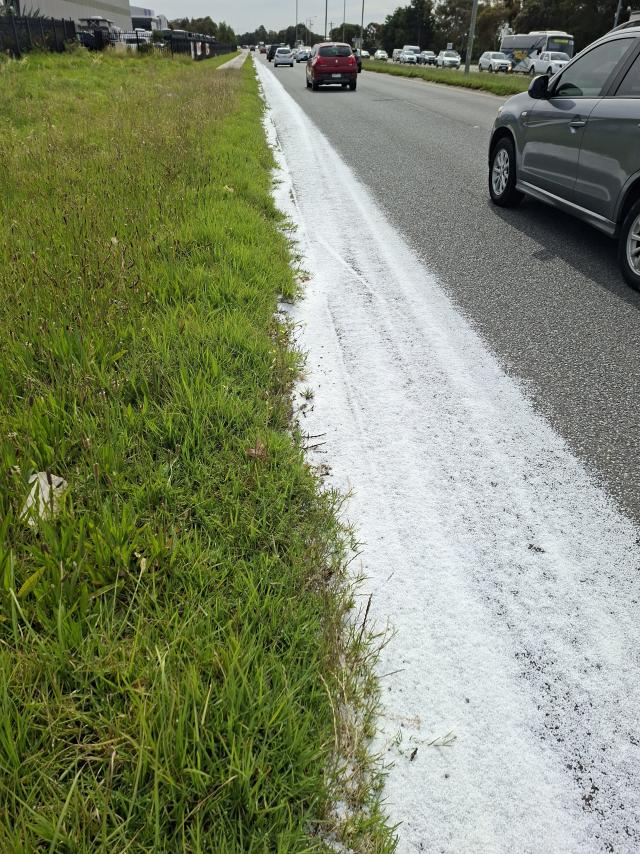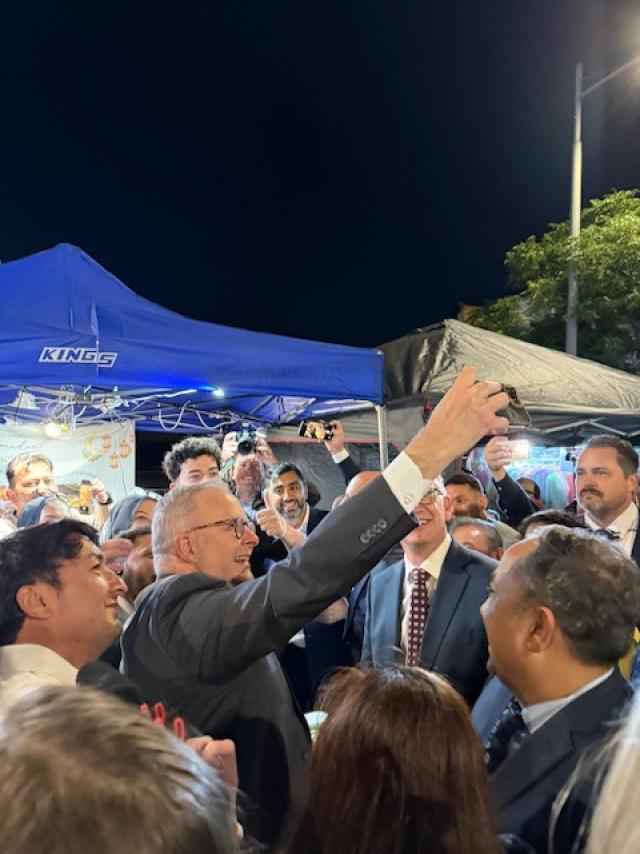By Nick Creely
It is just days away from the sixth AFL International Cup and the excitement is building around Melbourne as footballing teams from all corners of the world compete for glory.
The International Cup, which will run from Saturday 5 August to Saturday 19 August, will be played all across Melbourne.
Twenty-six teams have been entered in 2017 across the Division 1 Men’s, Division 2 Men’s and Women’s tournaments.
Matches will be played in schools and local communities in Round’s Two and Three, with four games to be played around the Greater Dandenong area.
The AFL International Cup is played every three years, and no expatriate Australians are eligible to play. Teams comprise solely of amateurs and nationals of the country they represent.
The AFL’s head of community and international development Grant Williams anticipates 2017 to be the biggest carnival yet.
“The popularity of Australian football overseas continues to grow with more players and fans taking up and supporting our game,” Williams told afl.com.au
“Following the success of the AFL International Cup in 2014, we will again conduct a round of matches in IC17 at suburban and country grounds to give participants an authentic Australian Football experience.
“We look forward to welcoming players from North America, Europe, Africa, the Middle East, Asia and the Pacific.”
International Cup matches in or around the Greater Dandenong area
Men’s Division 2, China v Sri Lanka, 9 August, 10.45am – Mentone Grammar (Keysborough Fields).
Men’s Division 2, India v Germany, 9 August, 12.30pm – Mentone Grammar (Keysborough Fields).
Men’s Division 2, Sri Lanka v Croatia, 12 August, noon – Lyndhurst.
Women’s Division 1, Ireland v Papua New Guinea, 13 August, noon – Hallam.
International Cup history
2002 – Beginning of the International Cup concept with 11 teams competing. Ireland is the inaugural champions.
2005 – A total of 10 teams competed, with the introduction of a ‘community round’. New Zealand wins the tournament.
2008 – 16 teams compete and three multicultural teams participate, with Papua New Guinea the eventual champions.
2011 – 23 teams compete across two divisions, including five women’s teams. Ireland is the eventual champions in Division 1, Fiji takes out Division 2 and Ireland also wins the inaugural Women’s tournament.
2014 – 25 teams compete, with Papua New Guinea the champions and Canada the Women’s champions.

